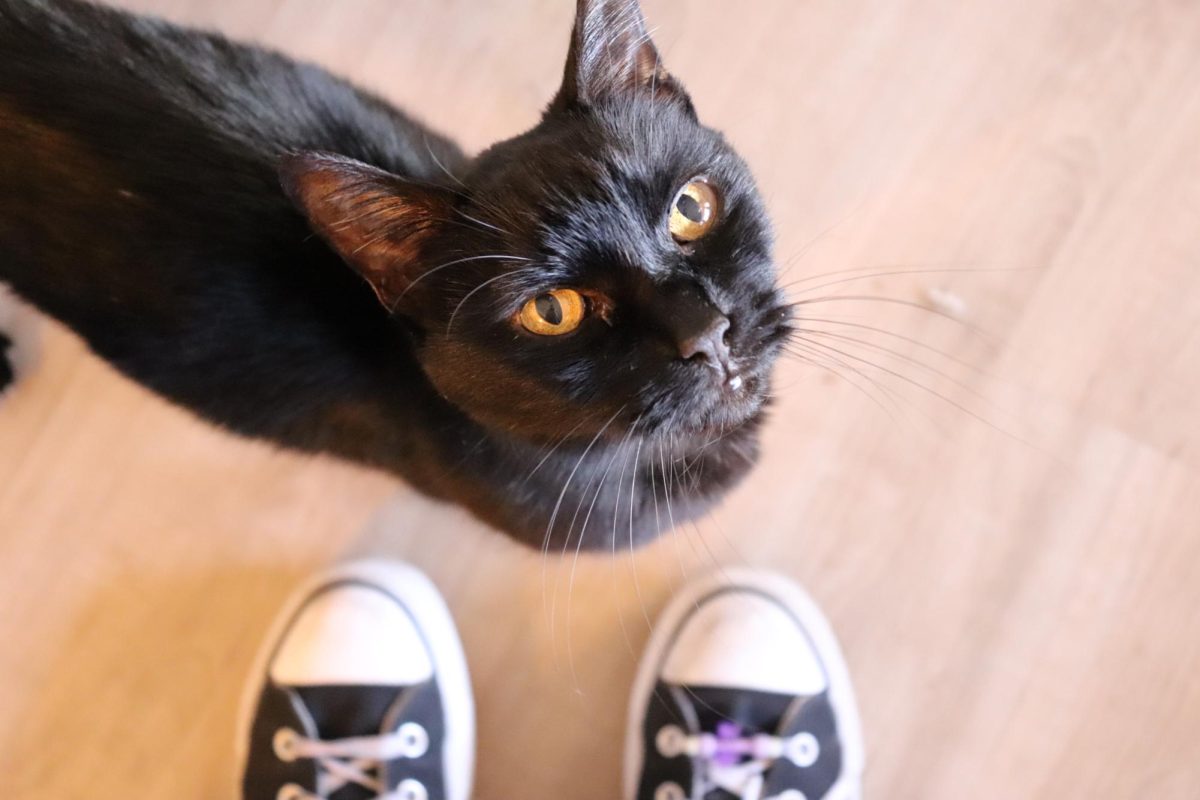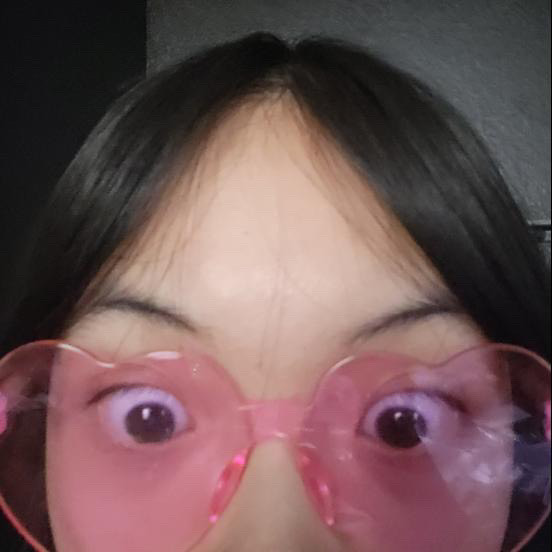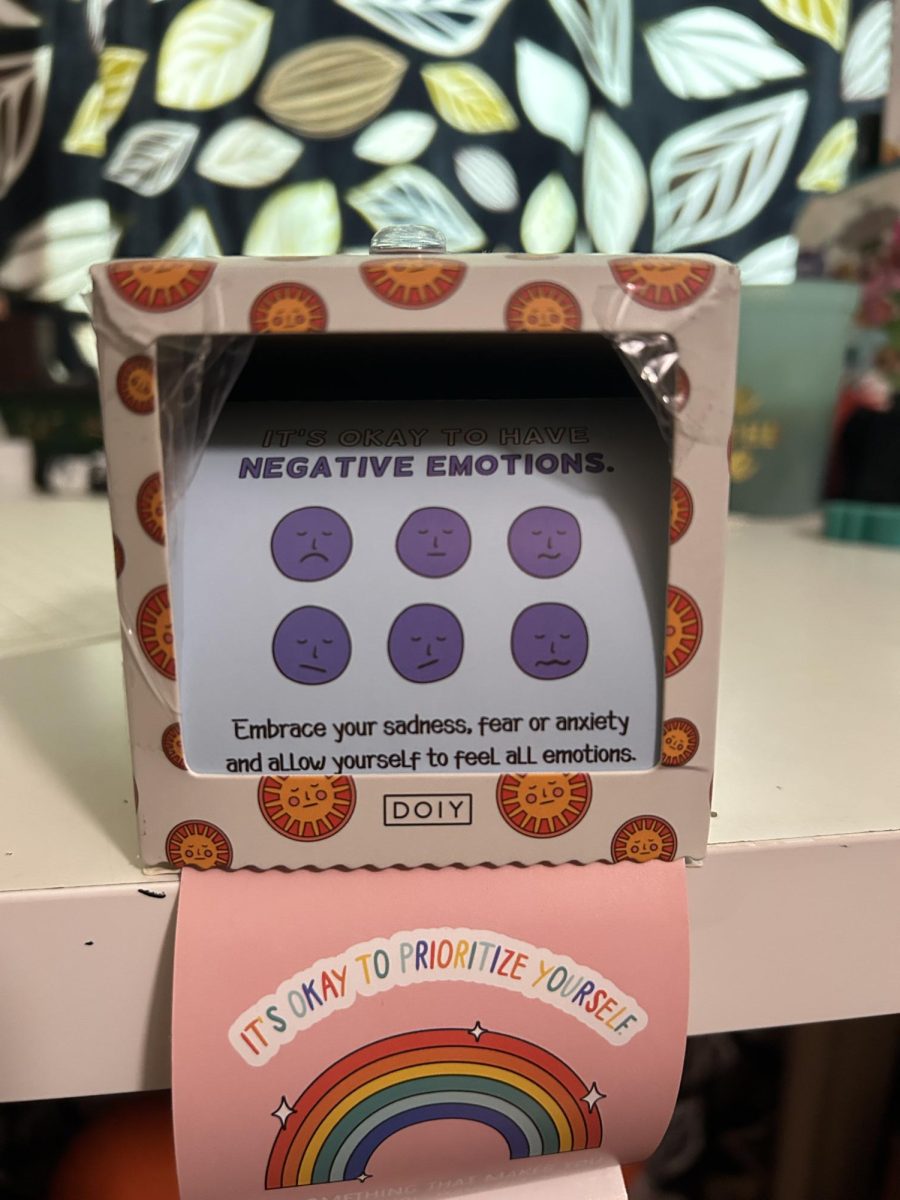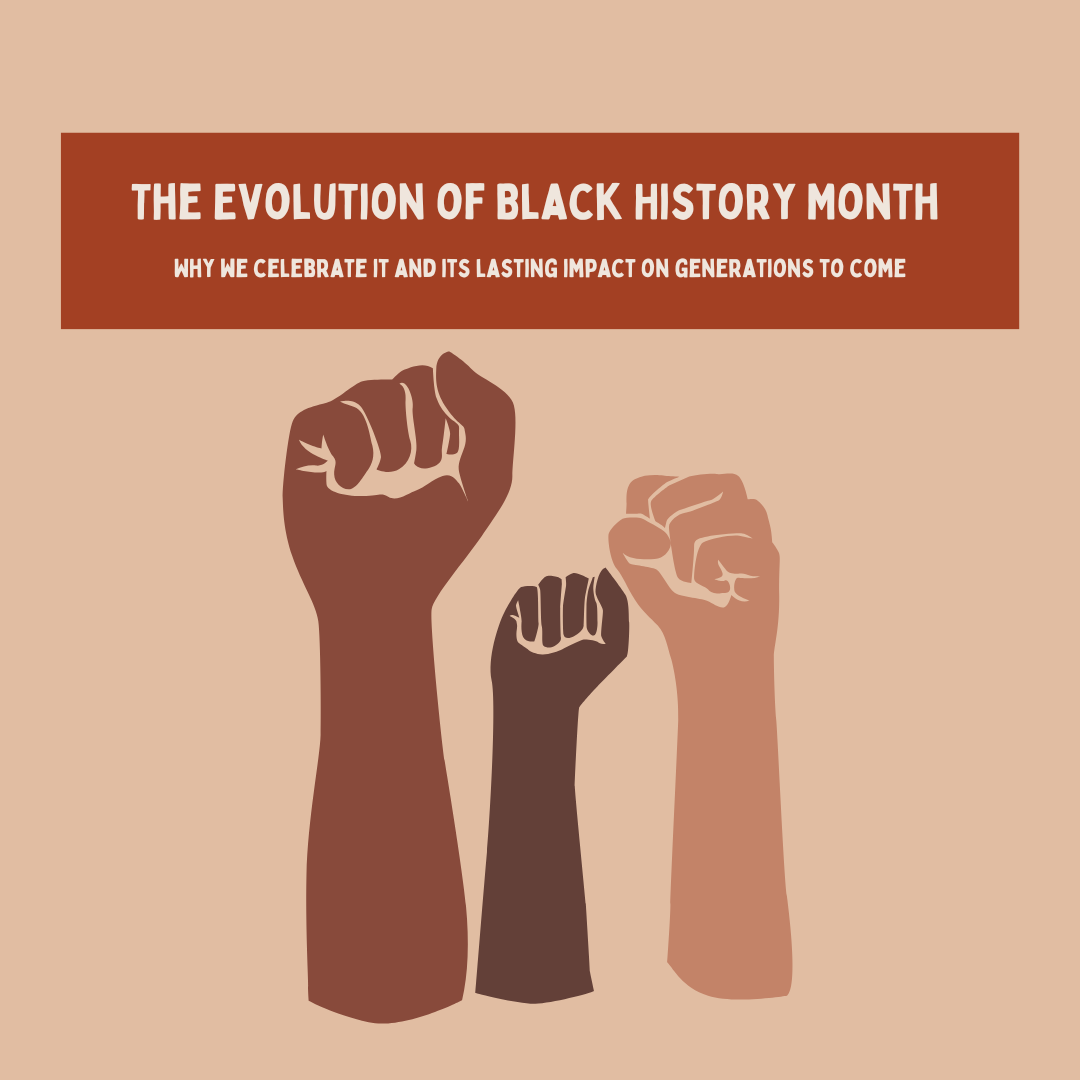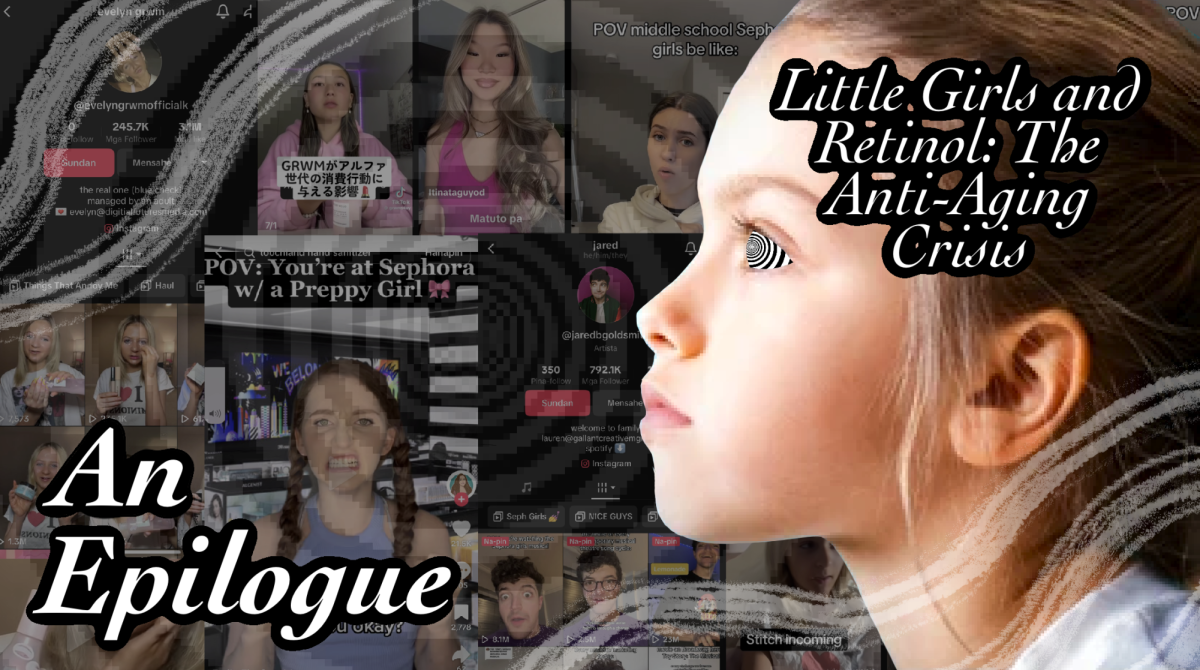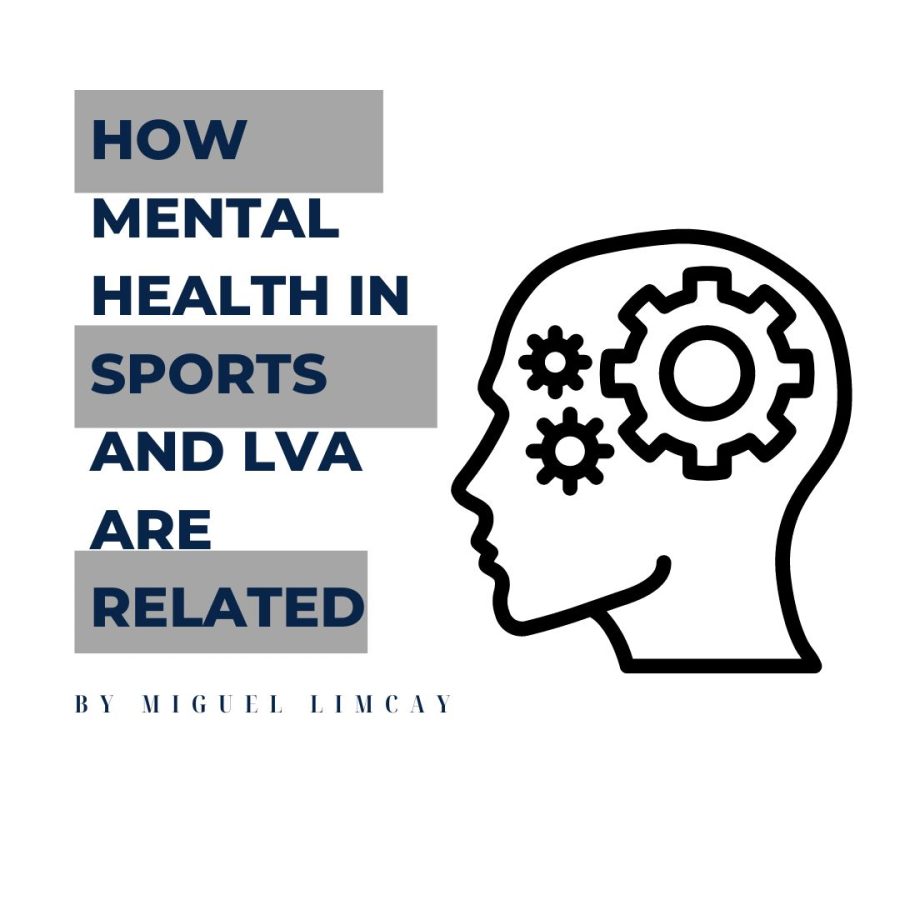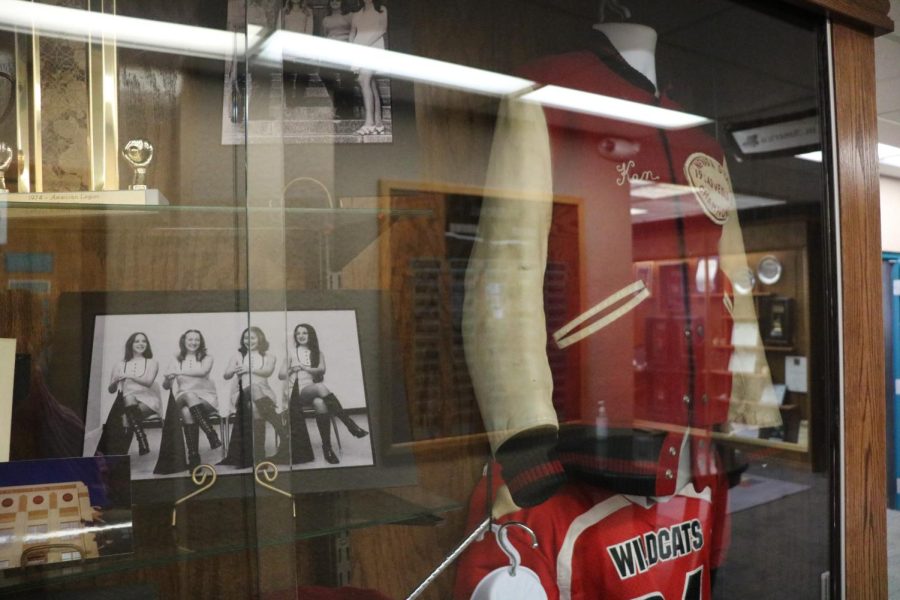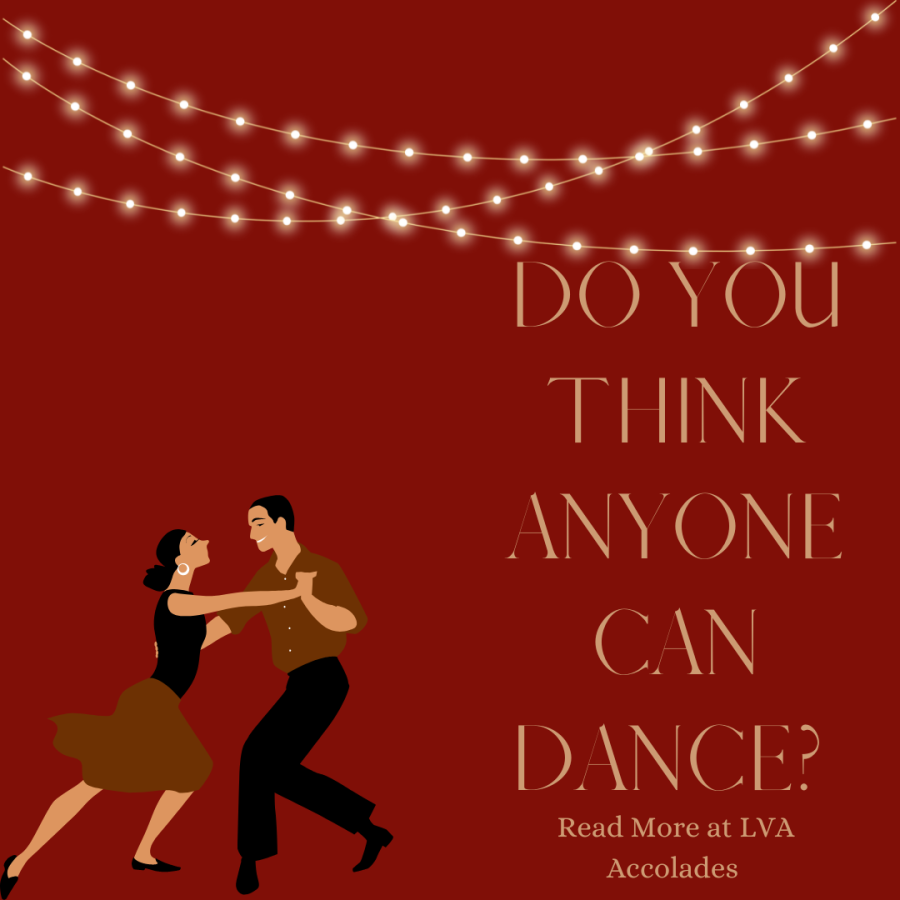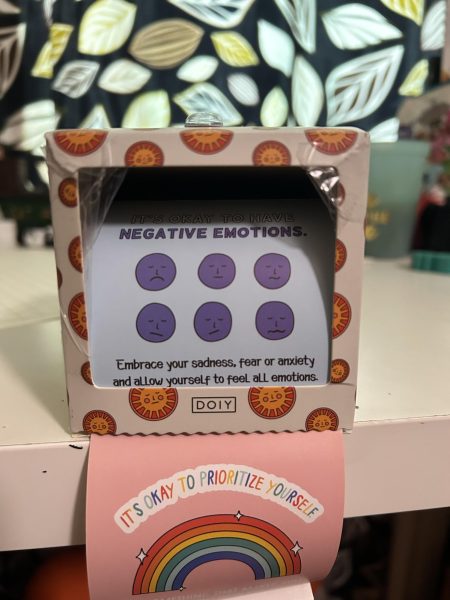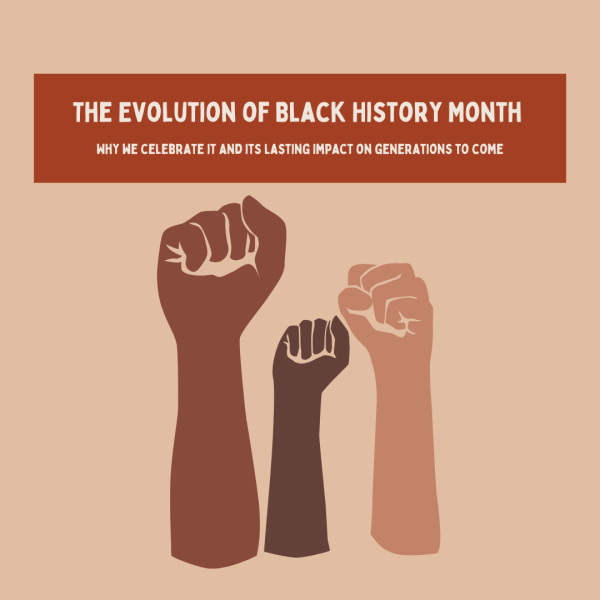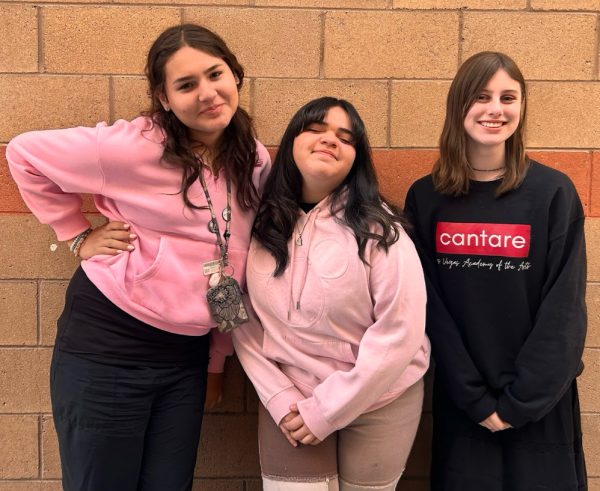Can other majors dance too?
October 26, 2022
“Frankly, there’s not really a right way you can dance. I mean, there’s choreography and such, but anything can be considered dance.” That is what Jonny Avery, a student in the competitive ballroom class at Las Vegas Academy, would say to someone who is a beginning dancer.
Avery, a Vocal major at LVA, loves and enjoys dancing. Participating in ballroom was the best choice to continue this love. “People think that only certain people can dance, but anyone can learn to dance,” Avery commented. Continuing, this LVA junior commented that dance affects people in different ways, both good and bad. As with every dancer, there is an origin story of how they got started. Responding to an inquiry about how and when he began dancing, Avery said, “Just dancing like Hollywood kids, I was six, but ‘officially’ at school when I was a freshman.” Though Avery started his path in dancing during his childhood, it wasn’t until he came to LVA that his passion for ballroom grew. Asked what he would tell his five-year-old self if he could talk to him again about dancing, Avery said, “I would probably tell him to start ballroom dancing at a much younger age because then, I’d probably have a lot more experience and more fun.”
Casual observation reveals that everyone has something that inspires action. Responding to an inquiry about what inspired him and how that has affected him, Avery said, “Both my mom and my ballroom teacher have been inspirational to me. At LVA it felt like I could like each member of the ballroom team, like a piece of the puzzle and I felt like I was contributing to it just kind of helped me. I felt helpful and it was fun dancing,” said Avery. For Avery, being in the Ballroom felt like being part of a team where you are contributing to something that could make you better and how these people have inspired you. Since Avery has been dancing for a while now, one might wonder what his favorite style of dance was and why? “Well, if we’re talking about ballroom dancing, it’s probably waltz because it’s smooth, flowing, and fun. The waltz is one of the basics they teach at LVA and is a beautiful dance that everyone knows and loves,” said Avery.
This piece is about viewing both sides of being a dancer, since everything can’t always be good and can have an effect on people in different ways. When asked about why he thought dancers have a certain stereotype and bad reputations, he said, “To be honest, I don’t know. There’s been a few reasons for the stereotype around dance majors being mean and snotty. Obviously, there are a few of them, but not all of them are like that,” said Avery. In a perfect world, there would be no bad people, but there will always be mean people who want to show that they are better. Sadly, those are the people who make the rest of the dance community, especially at LVA, look bad. Going further into this topic with an inquiry if there was a specific “look” a person had to have to fit in as a dance major, Avery said, “If dancing isn’t for you, then I think for the most part, it’s psychological. And it’s a mental thing because you’re telling yourself you can’t dance, or you’re telling yourself, ‘like Oh, this looks weird, or this looks bad.’ I don’t think there’s a requirement to be a dancer,” said Avery. Dance affects people in many ways and though not everyone can become a dancer and think they can’t become dancers, people still get hate
for doing the things they love. Responding to a question if he has experienced
any of the stereotypes or backlash from doing dance, Avery pointed out. He isn’t technically a dance major, however, he still has a foot in the door in that world and he has seen more than what a normal person would see or experience. “For the most part, no I haven’t. I’ve been mistaken for a dance major a few times, but I’ve never been like, I don’t know who do you think gets more stereotypes or more of a bad reputation. I think girls tend to get a little bit worse of the reputation compared to guys. I think for the most part this is because most of the dance department is girls. And I’ve been back to that stereotype where they’re like, they’re all snotty or they’re all mean,” said Avery. With LVA being mostly populated with girls, there are going to be people who will receive backlash and stereotypes for what they do because of their major. Every major seems to have them, but of all the ones at LVA Dance seem to get it the worst.
For people who are starting out as dancers, Avery offered his thoughts about what a good style of dance would be for beginners. “Waltz is easy to get good at. You just have to get a rhythm for the most part and build up the muscle in your legs,” said Avery. Since he has been doing ballroom dancing for at least a year now, Avery has learned something about himself. “I think I’ve learned to kind of step outside of my comfort zone a little bit. Because one of the biggest parts of not being able to dance or not really dancing is just telling yourself oh, this doesn’t look good. But then once you actually start dancing quite a bit, you actually, you’re like, I’m not gonna look dumb when I do this. So it helped me in that way. It just took me out of my comfort zone and got me out of my head a little bit,” said Avery. From this experience, Avery has learned to boost his confidence in himself and as a dancer.
In the end, the effect that dance has on a person varies, whether the person likes it or not, the reason for pursuing dance, or other factors that may not be so obvious. In an effort to show both the good and the bad about what it’s like being a dancer, it seems like people see just what they want to see. Though a person may think that they aren’t a dancer, anyone has the potential to become a dancer, no matter how old they are, their physical size, or their age.


